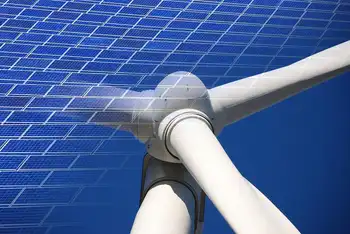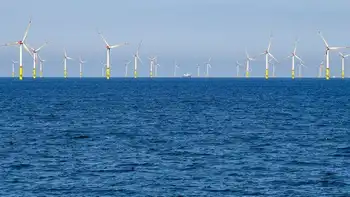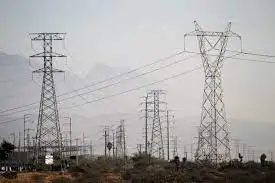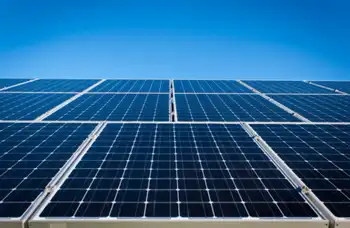Edison testing 'smart' meter that can communicate with customers' computers
By Knight Ridder Tribune
High Voltage Maintenance Training Online
Our customized live online or in‑person group training can be delivered to your staff at your location.

- Live Online
- 12 hours Instructor-led
- Group Training Available
The Rosemead-based utility, which serves 13 million Southern California customers, including more than 1.2 million in the Inland region, filed its business case with the California Public Utilities Commission to deploy 5.3 million of the meters in homes and small businesses. Edison has already begun field testing of SmartConnect.
Edison officials said the company projects capital and maintenance costs of the new system will be about $1.7 billion over 20 years, surpassed by more than $1.8 billion in savings to customers, for a net benefit of about $109 million. Paul De Martini, director of Edison's smart-meter program, said the system is in the testing stage and will likely be installed in homes starting in January 2009, pending state approval.
Edison later this year will file with the state a proposed consume rate schedule for 2009. The new meter technology uses an in-home wireless network that gives customers hourly access to energy information through their computers.
The meter can "talk" to the coming generation of "smart" household devices, such as communicating thermostats that customers can control via their computers. Edison says the technology aims to make it easier, for instance, for consumers to switch their use of appliances to off-peak hours when rates are cheaper. "The idea is that with better access to this information, they will be able to change their behavior and save money on their energy usage," De Martini said.
Edison plans to offer rebates to cover the expected average household cost of $125 to purchase and install the systems. De Martini said the utility is making arrangements with building contractors and retailers, such as Home Depot, to offer hardware and installation services. Officials said the smart-meter program has been in the works for the past 2 1/2 years. Edison has completed laboratory testing of the system.











